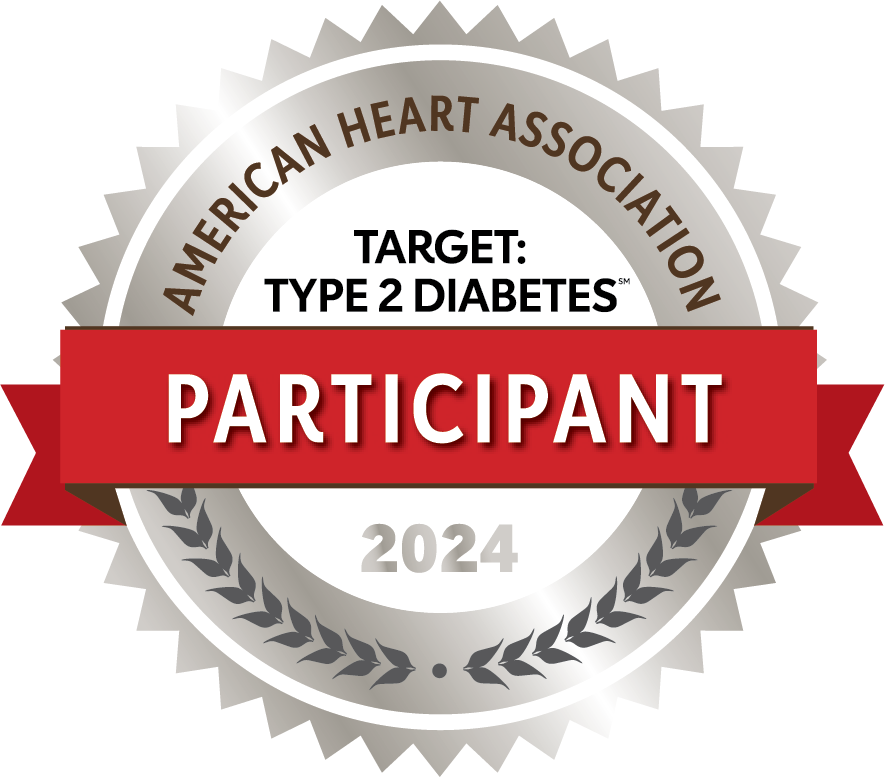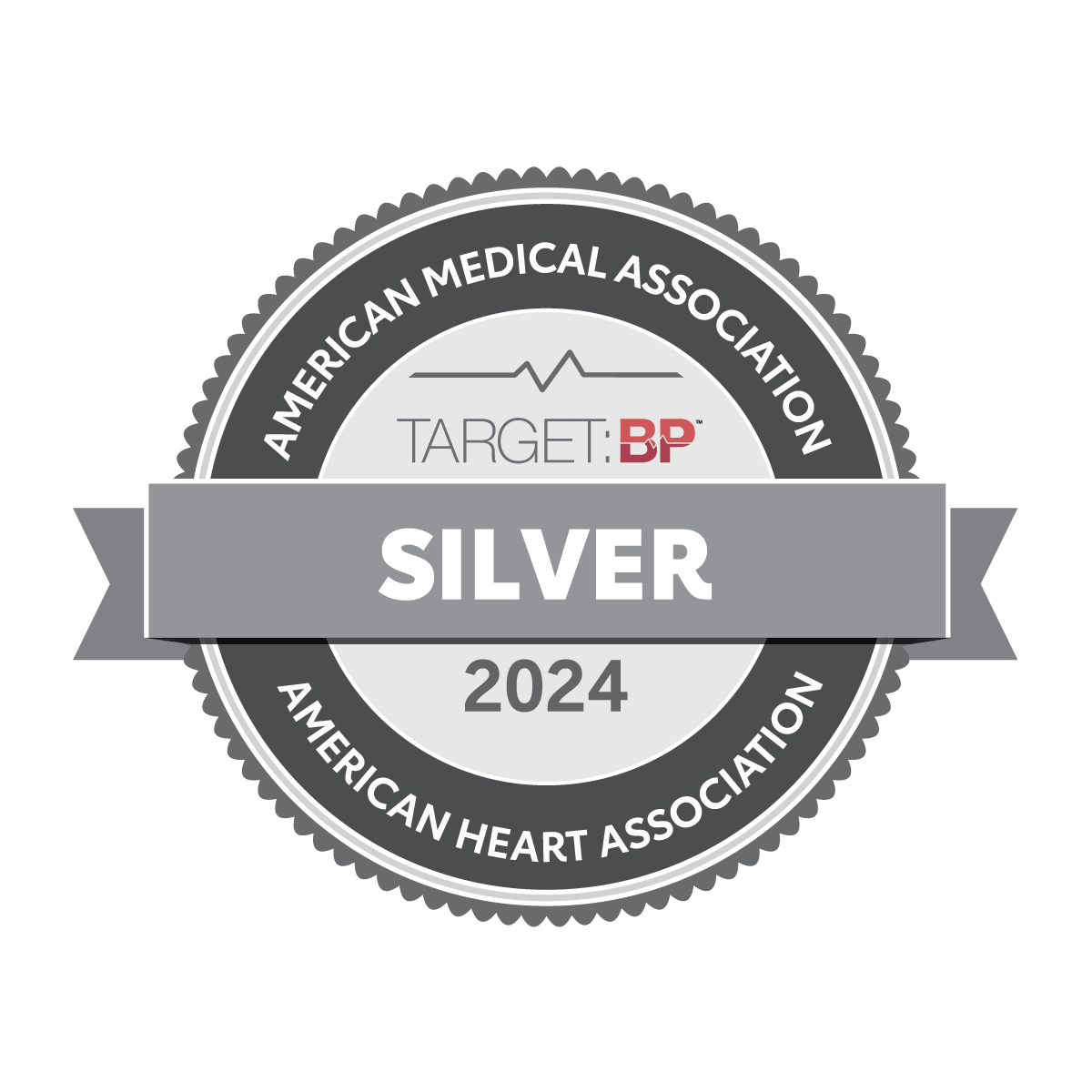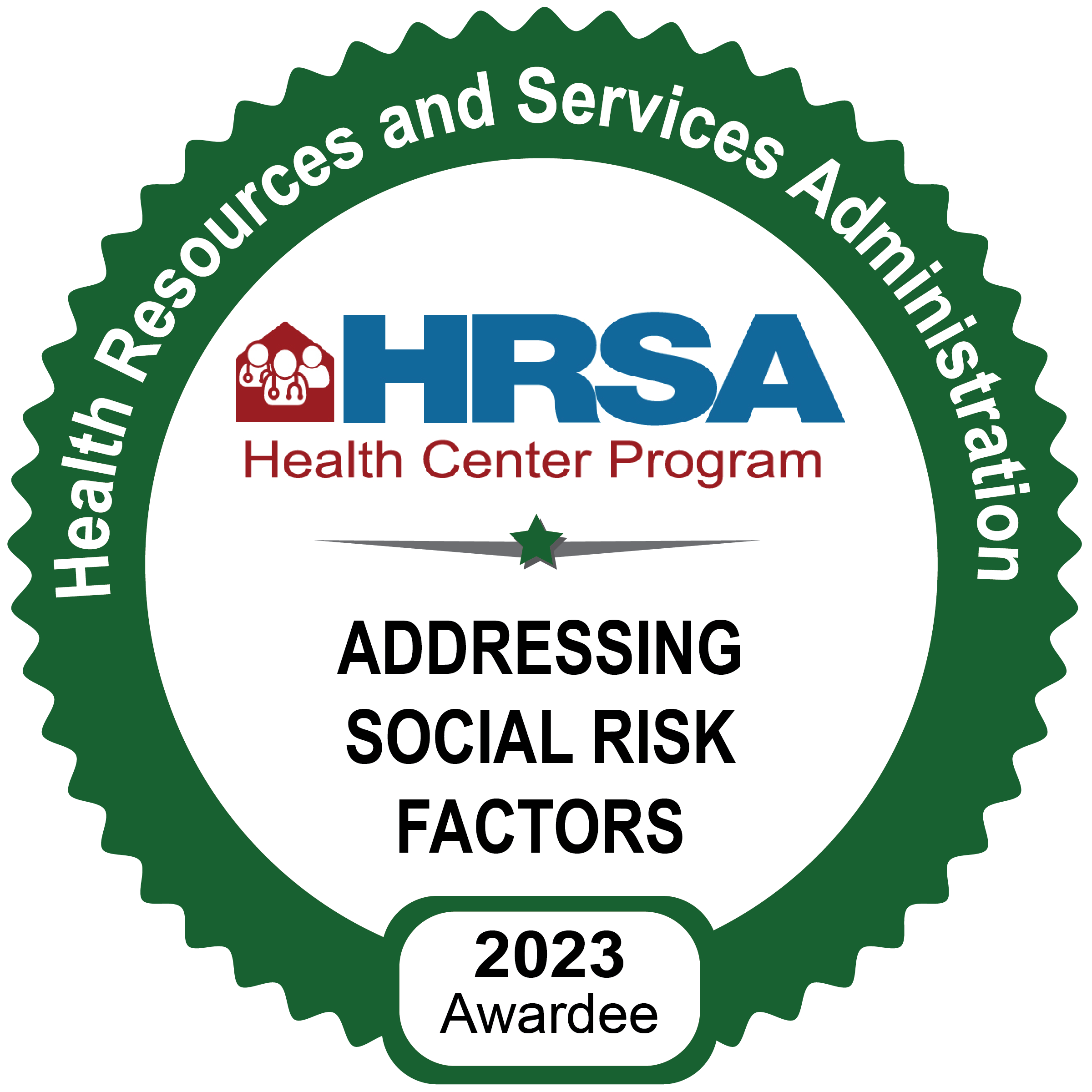Throughout the month of December, Valley-Wide Health Systems will be sharing information regarding Winter Wellness and how to stay physically and emotionally healthy during the Winter Season, as well as tips for keeping your teeth healthy. Below, Amy Leibli, Family Nurse Practitioner in Canon City, discusses the importance of staying hydrated and consuming more water during winter months.
The winter months have arrived and staying hydrated is just as important, if not more important, than during other seasons of the year, especially since we live at higher altitudes.
At higher altitudes and during rigorous exercise, the body has a tendency to hold on to fluids and salt, resulting in decreased urine output to prevent dehydration.
As the weather becomes colder, more energy is necessary within the body resulting in an increased need for fluid in the body. The lungs also have to work harder in the cold weather to humidify and warm the dry, cold air we breathe in. Another effect of the dry air from winter months is rapid evaporation when the body sweats, in turn increasing the chance of dehydration.
If dehydration is not corrected at altitude, salt and water metabolism become affected, which can eventually lead to pulmonary edema and then congestive heart failure if gone untreated.
Remember if the body is telling you it is thirsty, listen and drink water!
- If you have a very active lifestyle; perspire a lot; take diuretics; or have any condition (cystic fibrosis) with increased sodium concentration in the body, you should drink plenty of fluids in the winter months.
- Water can come from food sources in the form of fruits (berries, oranges, pineapple, melon, etc.) and vegetables (lettuce, celery, green peppers, and cucumbers) as well.
- Sports drinks or electrolyte drinks are usually high in sugar and/or caffeine. The caffeine acts as a diuretic resulting in further fluid loss and the sugar can be hard on the stomach when dehydrated.
- Remember if you know you are going to be exercising, drink water beforehand to offset the sweating that will take place. Think if you are not sweating with vigorous activity there may be a possibility you are already on the way to dehydration.
- Your body is around 60% water all together (approximate percentages of water in certain systems of the body include; lungs 83%, brain and heart 73%, muscles and kidneys 79%, and skin 64% water); make the body happy and hydrate!











